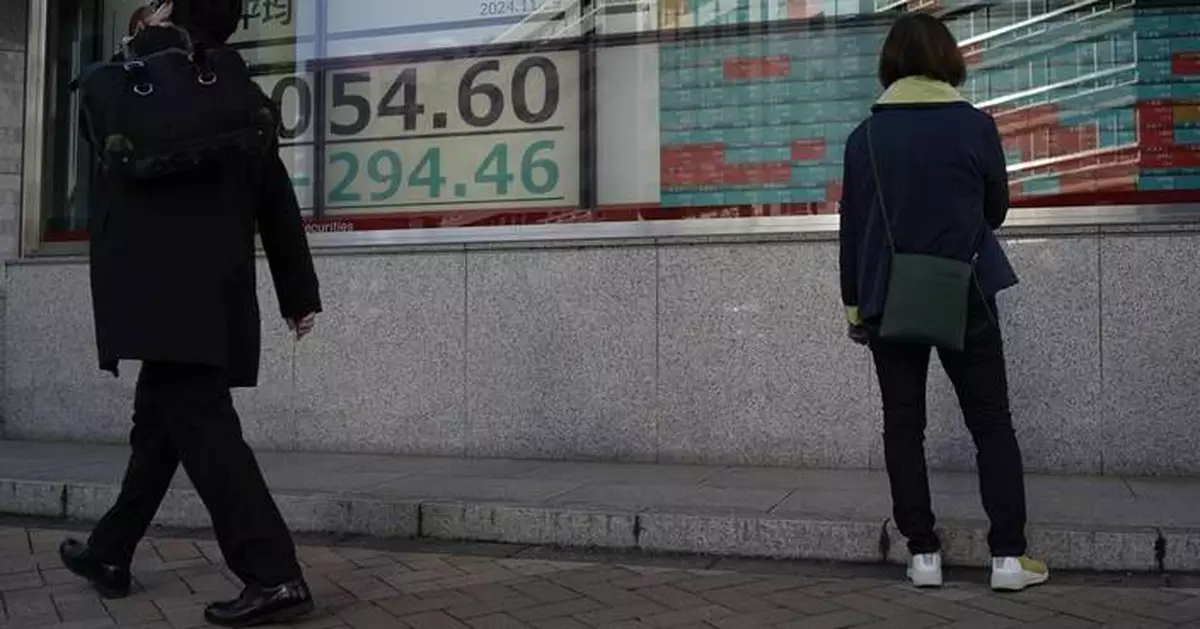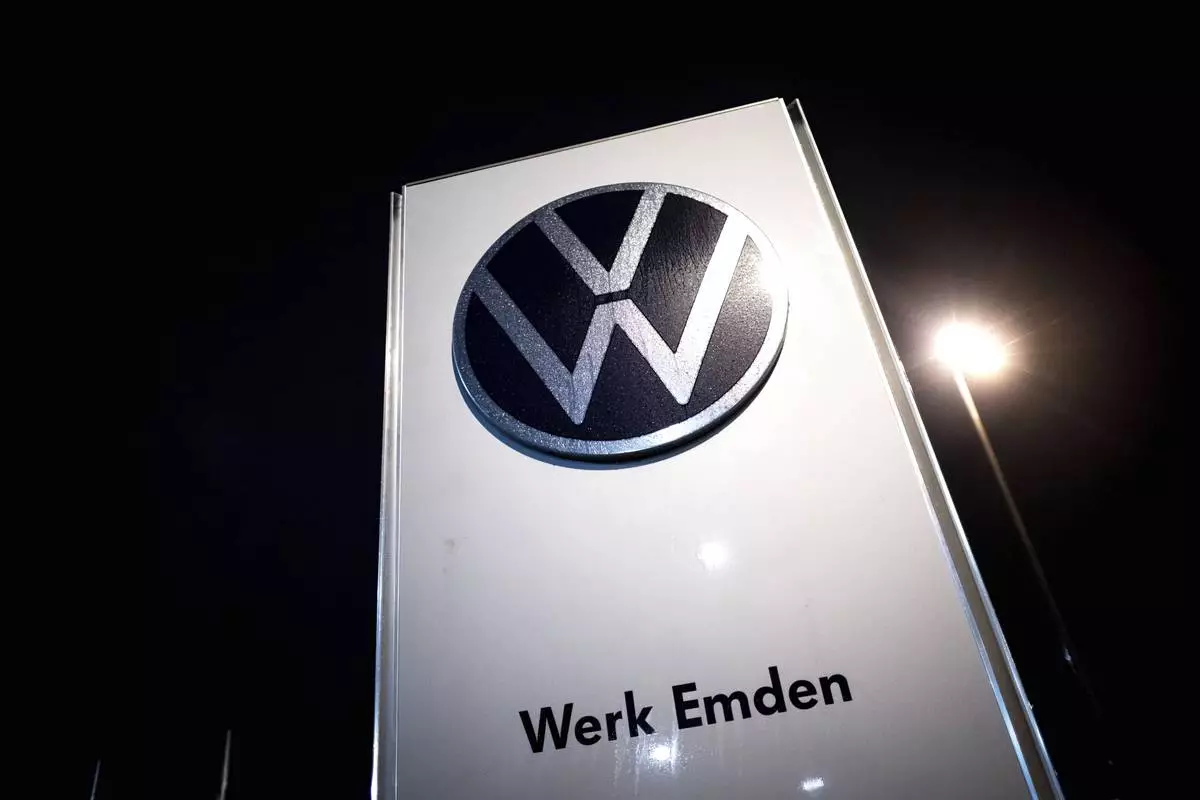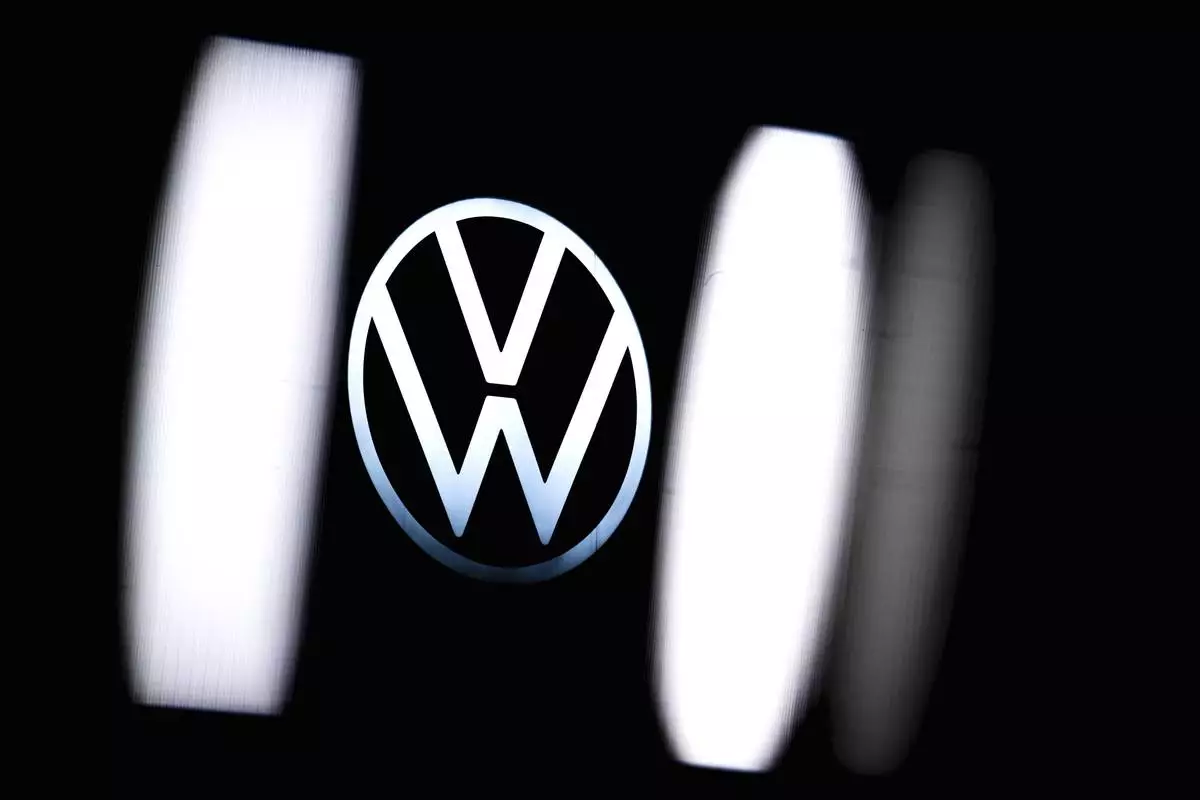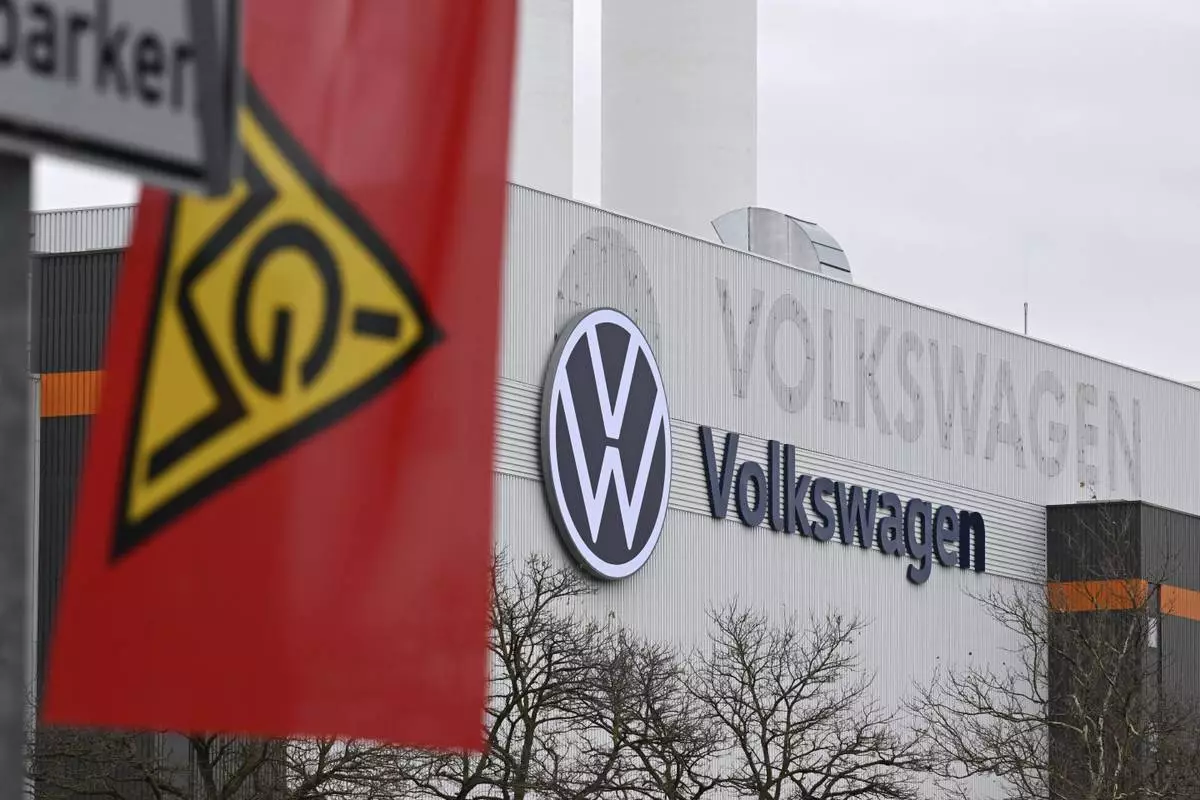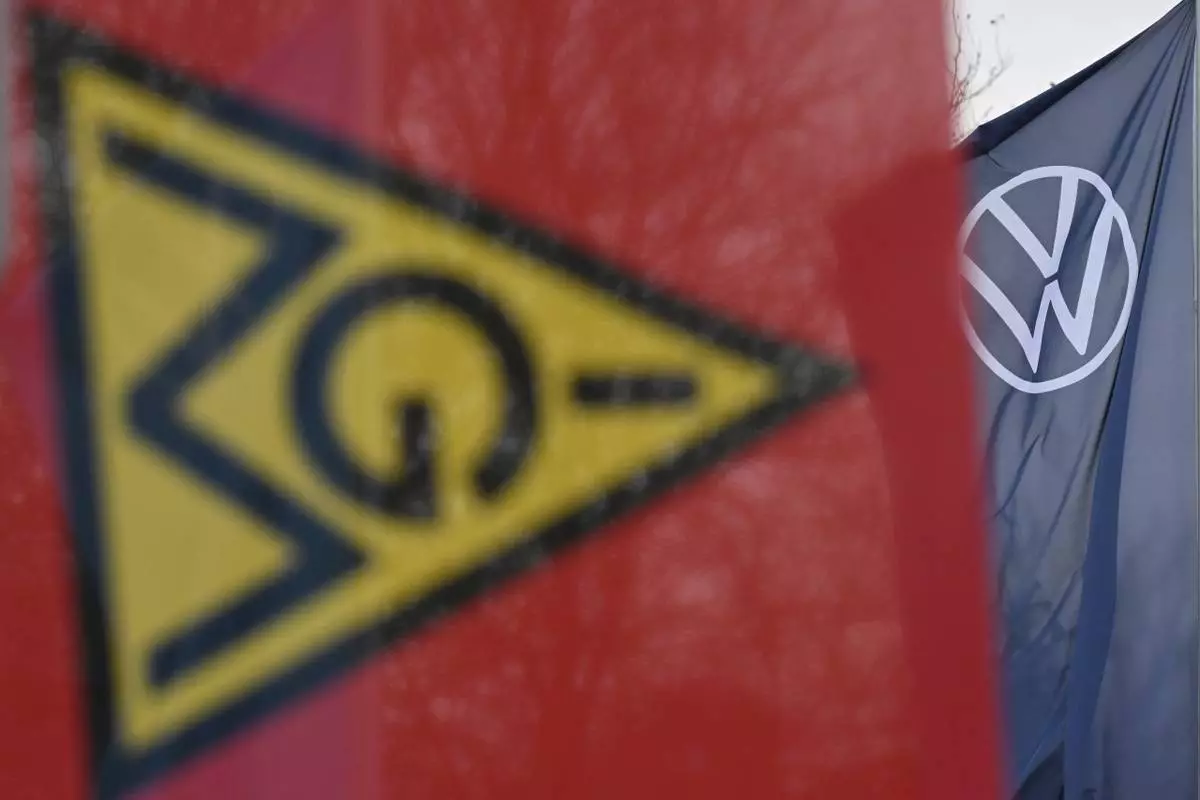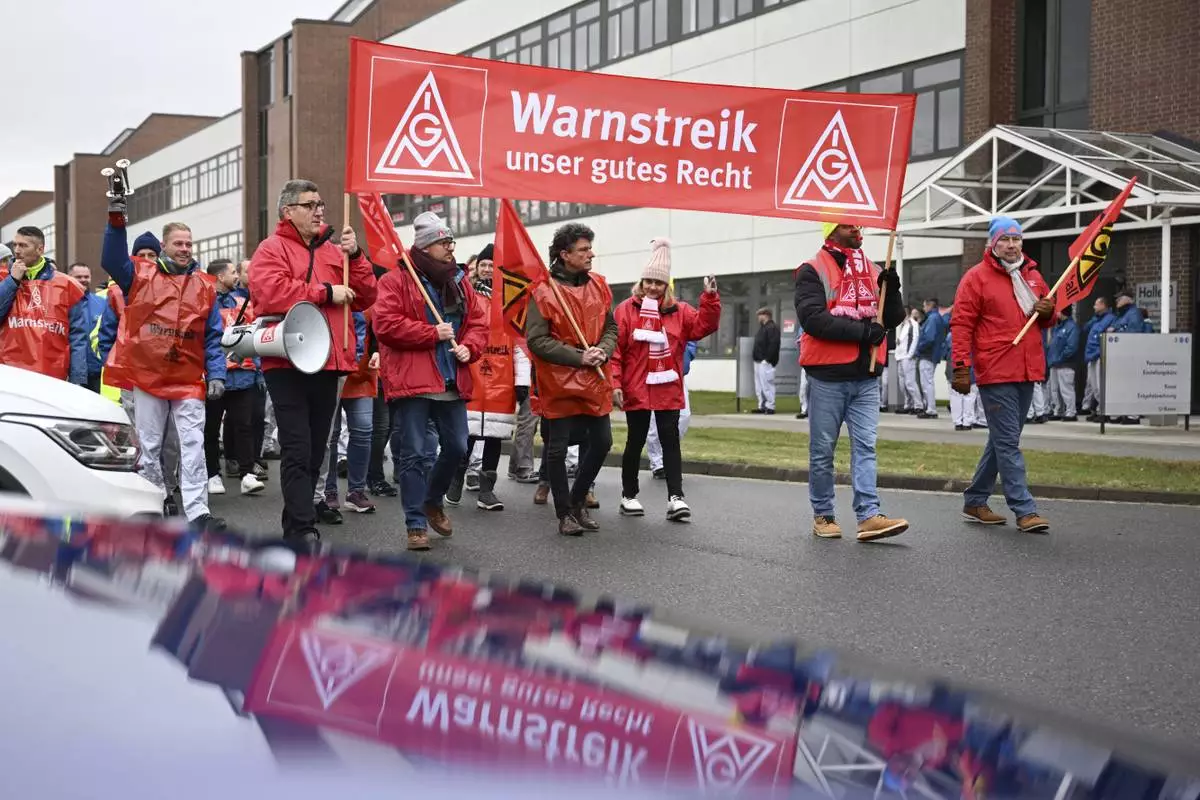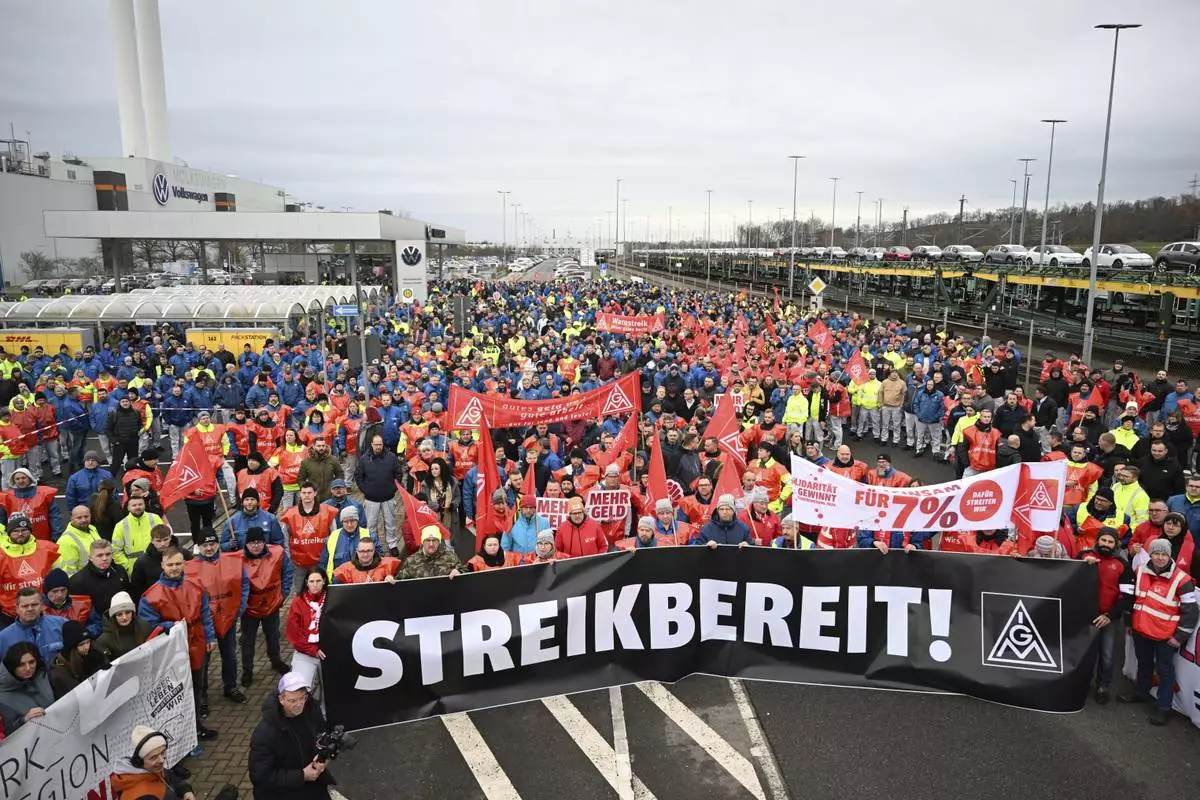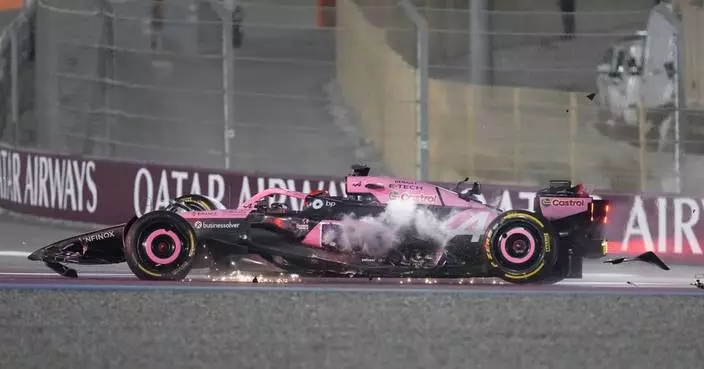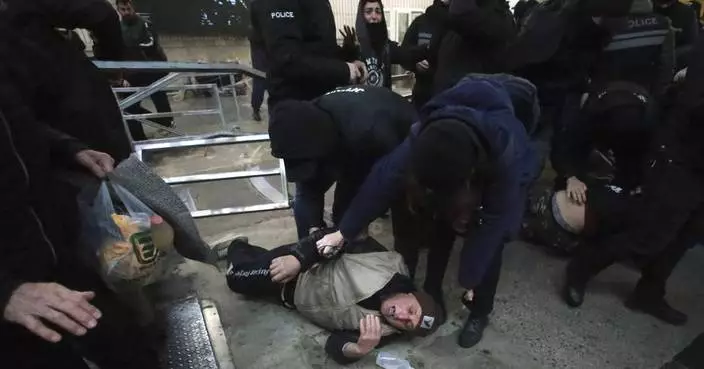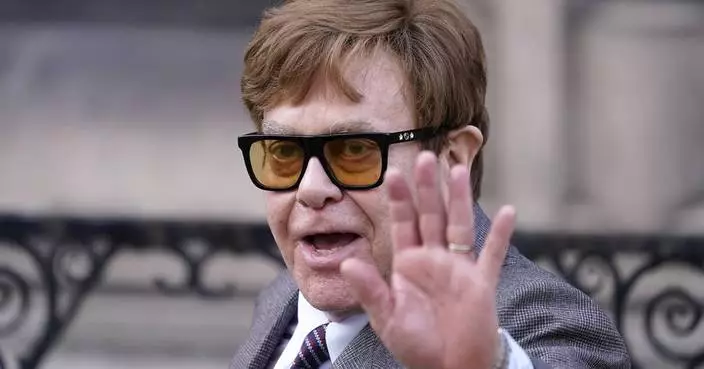BANGKOK (AP) — World shares were mixed on Monday, with China leading gains as monthly surveys showed improving conditions for manufacturing, partly driven by a surge in orders ahead of President-elect Donald Trump's inauguration next month.
Oil prices rose and U.S. futures edged lower.
Both official and private sector surveys of factory managers showed strong new orders and export orders, possibly partly linked to efforts by importers in the U.S. to beat potential tariff hikes by Trump once he takes office.
On Saturday, Trump threatened 100% tariffs against the so-called BRIC bloc of nine nations if they act to undermine the U.S. dollar. The BRICs include Brazil, Russia, India, China, South Africa, Egypt, Ethiopia, Iran and the United Arab Emirates. Trump said he wants the bloc to promise it won't create a new currency or otherwise try to undercut the U.S. dollar.
“Asia’s markets are riding a wave of optimism, catching a significant tailwind from Wall Street’s record-setting day on Friday and buoyed further by emerging signs that China’s economic funk might be easing,” Stephen Innes of SPI Asset Management said in a commentary.
In early European trading, Germany's DAX was little changed at 19,626.00 and the CAC 40 in Paris sank 0.8% to 7,177.27. Britain's FTSE 100 edged 0.1% lower, to 8,279.24.
The futures for the S&P 500 and the Dow Jones Industrial Average were down 0.2%.
Innes noted that investors are also anticipating further moves by authorities in China to boost the economy ahead of Trump's inauguration next month. China's leaders usually convene an economic planning meeting in December, setting policy for the coming year.
Hong Kong's Hang Seng gained 0.7% to 19,550.29, while the Shanghai Composite index jumped 1.1% to 3,363.98. Taiwan’s Taiex surged 2.1%.
In Tokyo, the Nikkei 225 index advanced 0.8% to 38,513.02, as the U.S. dollar regained some strength against the Japanese yen, boosting exporters. Toyota Motor Corp. gained 2.3%.
Automaker Nissan Motor Co.'s shares initially fell, but they recovered those gains to close 0.4% higher as the company did not confirm reports saying its CFO, Stephen Ma, plans to step down as the company slashes jobs and production due to weakening sales in China and other markets.
In South Korea, the Kospi slipped less than 0.1% to 2,454.48, while Australia's S&P/ASX 200 edged 0.1% higher to 8,447.90.
In Bangkok, the SET jumped 0.7%.
Friday's half-day post-Thanksgiving session ended with the S&P 500 up 0.6% at 6,032.38, while the Dow gained 0.4% to 44,910.65. The Nasdaq added 0.8% to 19,218.17.
Some retailers advanced as Black Friday unofficially kicked off the holiday shopping season, although retailers had been offering early deals for weeks. Macy’s and Best Buy each gained around 2%.
Tesla shares rose 3.7% Friday and posted a monthly increase of more than 38%. The electric vehicle maker is expected to benefit from CEO Elon Musk’s support of Trump.
Musk also gave a boost to Hasbro shares after he triggered takeover speculation when he asked in a post on X how much the toy and game company was worth. Hasbro, which owns the role-playing game Dungeon & Dragons, rose 2%.
Apple rose 1.1%. The technology giant is hoping recently added artificial intelligence features are enough to entice consumers to treat themselves or their relatives to a new iPhone for the holidays.
Bitcoin, which has been nudging toward $100,000, was trading at 95,508.48 early Monday, according to Coin Desk.
In other dealings early Monday, U.S. benchmark crude oil gained 66 cents to $68.66 per barrel. Brent crude, the international standard, picked up 70 cents to $72.54 per barrel.
The U.S. dollar rose to 150.35 Japanese yen from 149.70 yen. The euro slipped to $1.0514 from $1.0589.
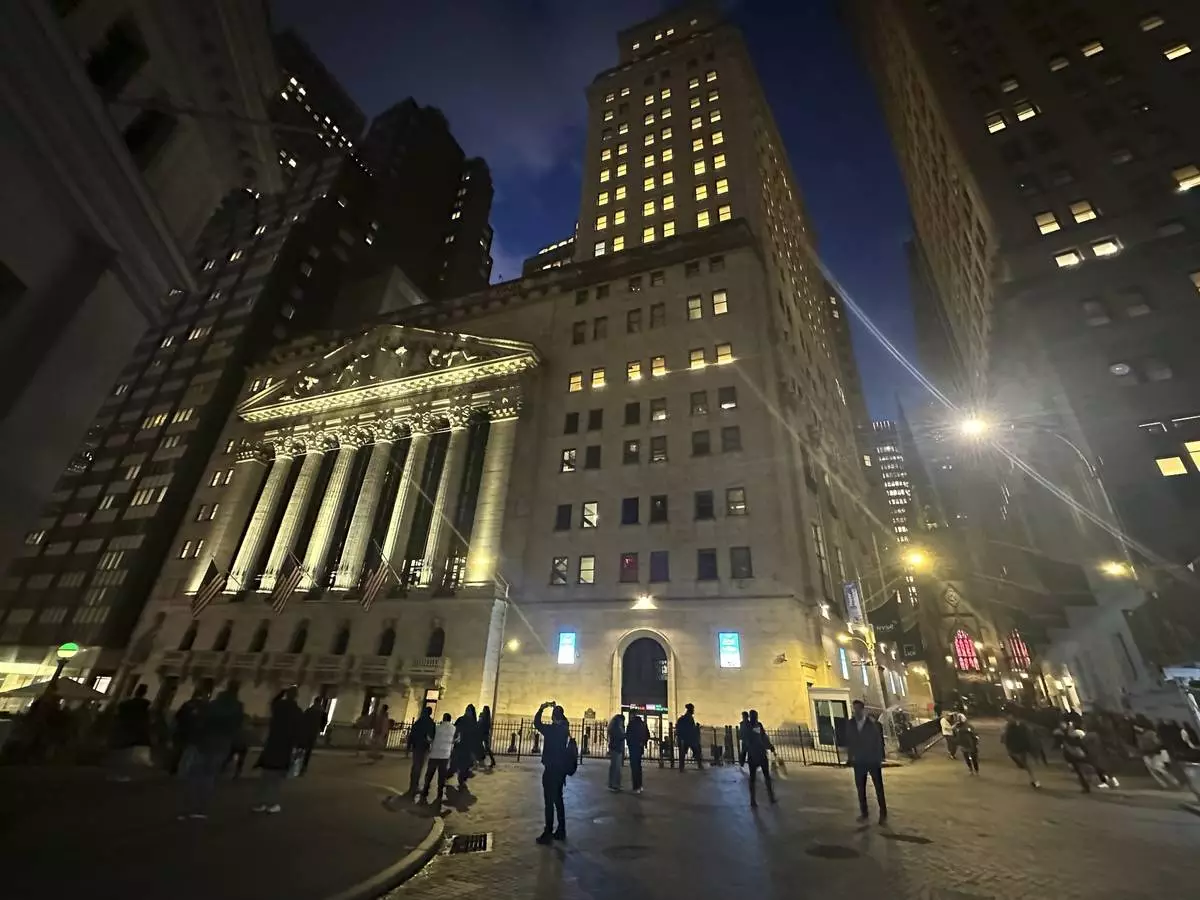
FILE - People walk past the New York Stock Exchange on Tuesday, Nov. 26 2024. (AP Photo/Peter Morgan, File)
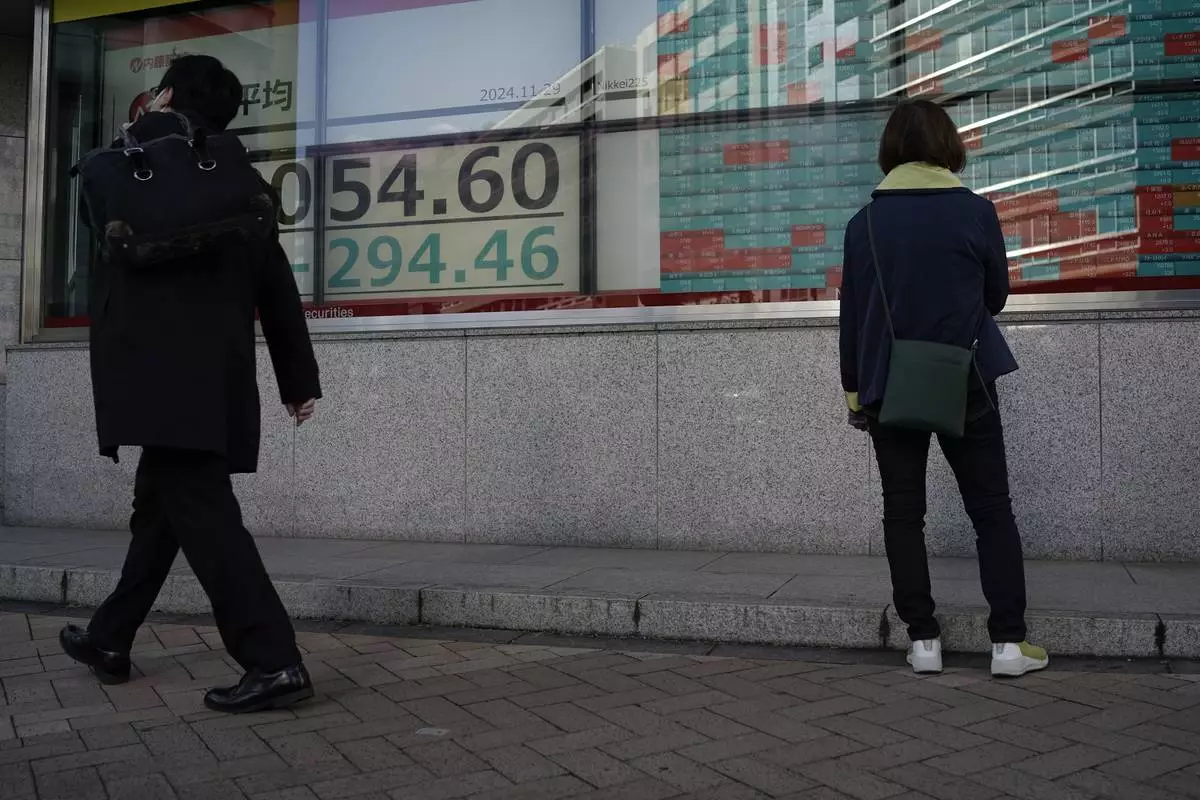
A person looks at an electronic stock board showing Japan's Nikkei index at a securities firm Friday, Nov. 29, 2024, in Tokyo. (AP Photo/Eugene Hoshiko)


